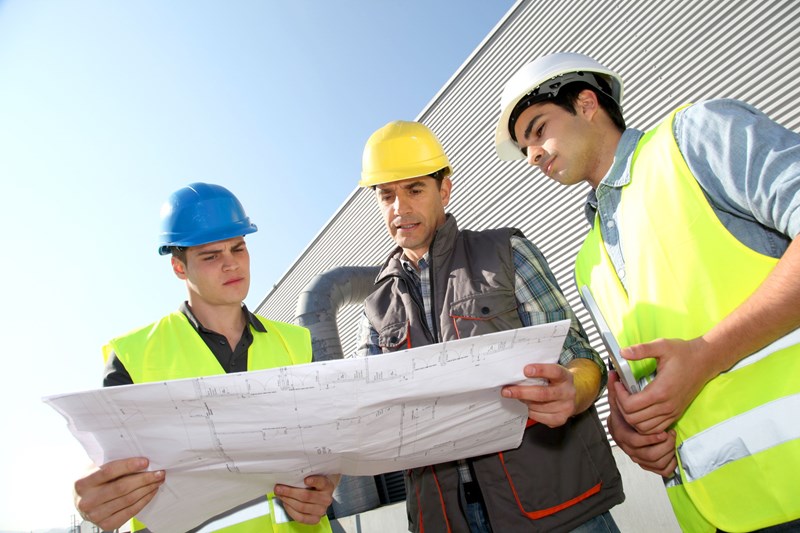Whilst the majority of businesses charge VAT at the standard rate of 20% there are a number of different VAT rates and exemptions that businesses should be aware of. There are actually three separate VAT rates, the standard rate of 20%, the reduced rate of 5% and a zero rate. The reduced rate of VAT applies to the supply of certain goods and services.
In this article, we will look at situations when the reduced VAT rate can apply to the conversion of premises. This can happen where the number of dwellings in a property, after a conversion, changes from the number of dwellings before the conversion. For example, the conversion of a non-residential building into residential property is eligible for the reduced rate. (e.g. converting a restaurant into a house or a warehouse into a block of apartments).
The reduced VAT rate of 5% will apply to qualifying services provided as part of a property conversion. These might include:
- Repairs and maintenance (such as redecoration), or
- Improvements carried out to the fabric of the building (such as the construction of an extension or the installation of double glazing).
Services within the immediate site of the premises being converted can also be at the reduced rate if they are in connection with the:
- means of providing water, power, heat or access;
- means of providing drainage or security, or
- provision of means of waste disposal.
Planning note:
However, HMRC’s guidance is clear that all other services are standard-rated. For example, you must standard-rate:
- the installation of goods that are not building materials, such as carpets and fitted bedroom furniture;
- the erection and dismantling of scaffolding;
- the hire of goods;
- landscaping;
- the provision of professional services, such as those provided by architects, surveyors, consultants and supervisors.







